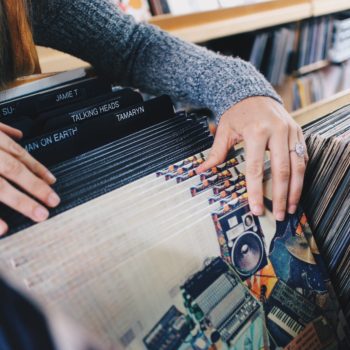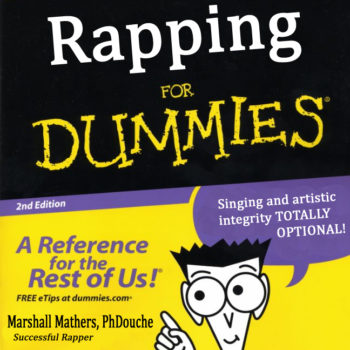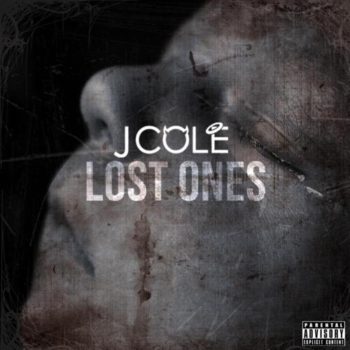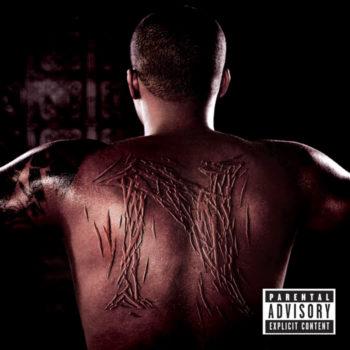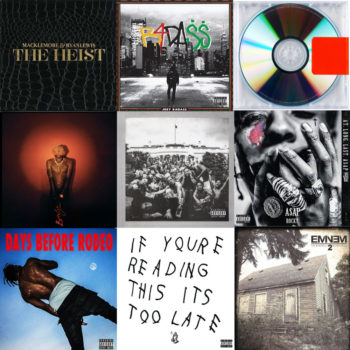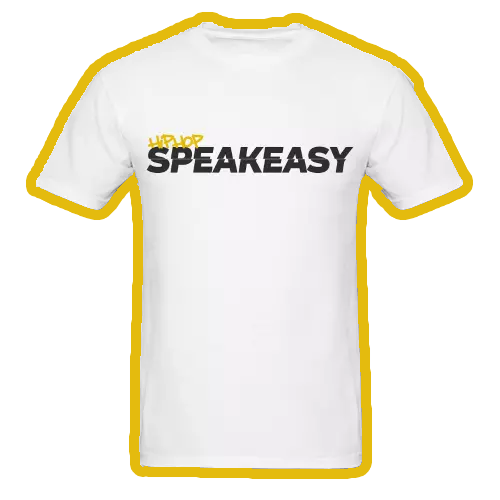Every now and then, when scrolling through the treasure trove of the curiousness and confusion that is online hip-hop media, one can come across a piece of content that is insightful and worthy of sharing. If one searches deep enough, one can find more than a few videos like this on, say, WorldStarHipHop.com. One such video from April of this year features “The Hunger Games” actress Amandla Stenberg entitled “Don’t Cash Crop On My Cornrows,” breaking down the finer points and definition of cultural appropriation.
Stenberg, after expounding on the blurry lines between cultural appropriation and cultural exchange, and giving a power definition for cultural appropriation, ends her history-driven, thought-provoking video with a question that has recently flooded social media:
“What would America be like if we loved black people as much as we love black culture?”
Stenberg’s video came earlier this year as somewhat of a response to both the growing tide of, shall we say, unease against pop-rapper Iggy Azalea, but also to those railing against the #BlackLivesMatter movement in the wake of the death of Mike Brown in Ferguson, Missouri. But at its foundation, this was a school project for the teenaged actress.
Still, Stenberg’s thoroughly informative video mirrors a trend that seems to happen in hip-hop whenever a national issue or tragedy involving African-Americans, racism and issues of racial identity – such as Hurricane Katrina, the Jena 6, Trayvon Martin, Eric Garner, Mike Brown, Rachel Dolezal, the Charleston shootings, and most recently, the burning of multiple historically black churches in the southern U.S. – engulfs the nation. That is, poignant responses erupt from hip-hop’s creatives when confronted with these types of issues.
For example, former NAACP Spokane chapter president Rachel Dolezal has become 2015’s most visible, polarizing and controversial figures in the 24-hour mainstream news media cycle for the issues of racial identity, self-identification, the overall politics of race and who gets to call themselves what in America. Her actions and subsequent resignation even caused “The Nightly Show” host Larry Wilmore to ask, even if in a joking manner, “Is ‘Black’ just a thing?”
From there, we saw reactions to Dolezal from fans and artists alike all over social media. Two of the biggest names in hip-hop, Killer Mike and Talib Kweli, both came out to speak their mind about Dolezal and her ordeal. Kweli, in a Rolling Stone interview, was quoted as saying that Dolezal took it “to the next level.”
“When you lie, when you’re saying your adopted brother is your son, when you’re suing Howard [University] one year for saying you’re too White, then saying people hung nooses at your door the next year – that’s crossing the line. You’re not a friend or an ally to the movement. You’re an enemy.”
And while a guest on Wilmore’s “The Nightly Show,” Atlanta emcee and Run the Jewels member Killer Mike jokingly stated that black folks are famous for giving white people a pass for “showing their blackness off.” Mike continued, “Black people have clearly given white people a lot of passes. We gave Bill Clinton a pass. We gave Colonel Sanders a pass. We gave Tiger Woods a super pass.”
Going forward, in response to the tragic mass shootings in Charleston, South Carolina by admitted gunman Dylan Roof, Queens emcee Nas was quoted as saying that racism is “rotting America. It’s been rotting America since America’s inception. This is a very serious time that we’re moving into in 2015. Prayers to all the families that had to witness such a horrific situation.” And reportedly in response to the same tragedy, Chicago emcee Lupe Fiasco penned an open letter to white supremacy on Instagram that made waves throughout the hip-hop blogosphere. The letter started as follows:
“Dear White Supremacy,
First of all you are not really that supreme. While throughout history White Supremacy it must be admitted you have achieved some very dominant positions. These positions have been gained mostly through force or some biological agent such as disease that did a lot of the dirty work for you in advance… anybody can use force on an unarmed populous and anybody can have smallpox. Not judging, just wanted to point out that having a disease that the native folks aren’t immune to because they’ve never seen it doesn’t make you strategically smart or tactically superior, just kind of sick.”
Ever since its golden age, hip-hop has served as a vehicle for both artists and fans to express their true thoughts, feelings and theories and frustrations on race, racism, racial identity and more. Throughout its history, hip-hop has continued to do so to varying degrees. While all of the latest responses to issues and tragedies that continue to plague the nation are warranted and desperately needed from the hip-hop community, each of them also inevitably raises more pressing concerns: are these passionate reactions and responses from the hip-hop community to instances of racial identity politics, police brutality, racial terrorism, hate crimes and racially motivated mass murder actually registering with younger generations of hip-hop fans?
With hip-hop now being a formidable medium for self expression for all kinds of people around the world, as well as with this recent rash of racial animosity sweeping America, the question has to be asked: is the way in which hip-hop talks about and reacts to issues of race and racism still relevant or effective?
There was a time in hip-hop’s history when the very issues that are currently at the center of a lot of passionate debate in America (police brutality, racism, violence against people of color, racial identity) were at its very foundation and core. It wasn’t an anomaly to hear music by artists concerning these issues on major radio outlets. From “Self Destruction” to “A Hundred Miles and Runnin” to “Sound of Da Police” to “911 Is A Joke,” it wasn’t shocking to find topical material in popular hip-hop. So hip-hop artists not only had these concerns ingrained within their music, but they were also willing to place themselves front and center when talking more eloquently about said topics, even if it would have been without a microphone in their hand.
So in 2015, how does hip-hop discuss, react and respond to, and combat those same issues, and does it do an effective job in doing so? Well, firstly, it’s foolish and naïve to think that present day hip-hop would ever be comparable to hip-hop of the past in terms of its militancy and political awareness. Hip-hop has gone through so many changes, become so splintered and more focused on wide ranging issues that it is only obvious that it would lose some of its bark and bite in the area of being socially active and informed. But there are still artists like the aforementioned Talib Kweli, Killer Mike and Lupe Fiasco, as well as dead prez, Brother Ali, Immortal Technique, Jasiri X, and Awkword, that keep their music heavy with political and social commentary.
Still it seems that instead of being continuously radical, the way that hip-hop talks about race, racism, police brutality and other issues seems more reactionary than ever. The truth is that America is a country that has always had some form of concern about the man-made construct of race, as well as racism, engrained in its very DNA, which will not change any time soon. Hip-hop as an art form, therefore, regularly has the opportunity to speak and expound on race and racism.
As an art form though, does it regularly take the opportunity to do so? If we go beyond just artists reacting to the tragedies of Trayvon Martin and Jordan Davis in Florida, Eric Garner in New York, Mike Brown in Ferguson, Tamir Rice in Cleveland, Freddie Gray and its resulting uprising in Baltimore, the Charleston church mass murder, and now the burnings of several predominantly black churches throughout the southern United States, is there actually efficiency and an effectiveness in the way that hip-hop talks about race and racism in America? The answers are not easy to swallow and are probably more frustrating than we would like to admit.
As we all continue to come to grips with asking serious, uncomfortable questions about issues of race, racism, police brutality and other hot button issues that keep bubbling to the surface, maybe it is a good idea for hip-hop as a whole to take a cue from Amandla Stenberg’s video in questioning itself:
“What would hip-hop be like if we actively sought out real answers to the problem of racism as much as we seek attention for our words on the issue?”

